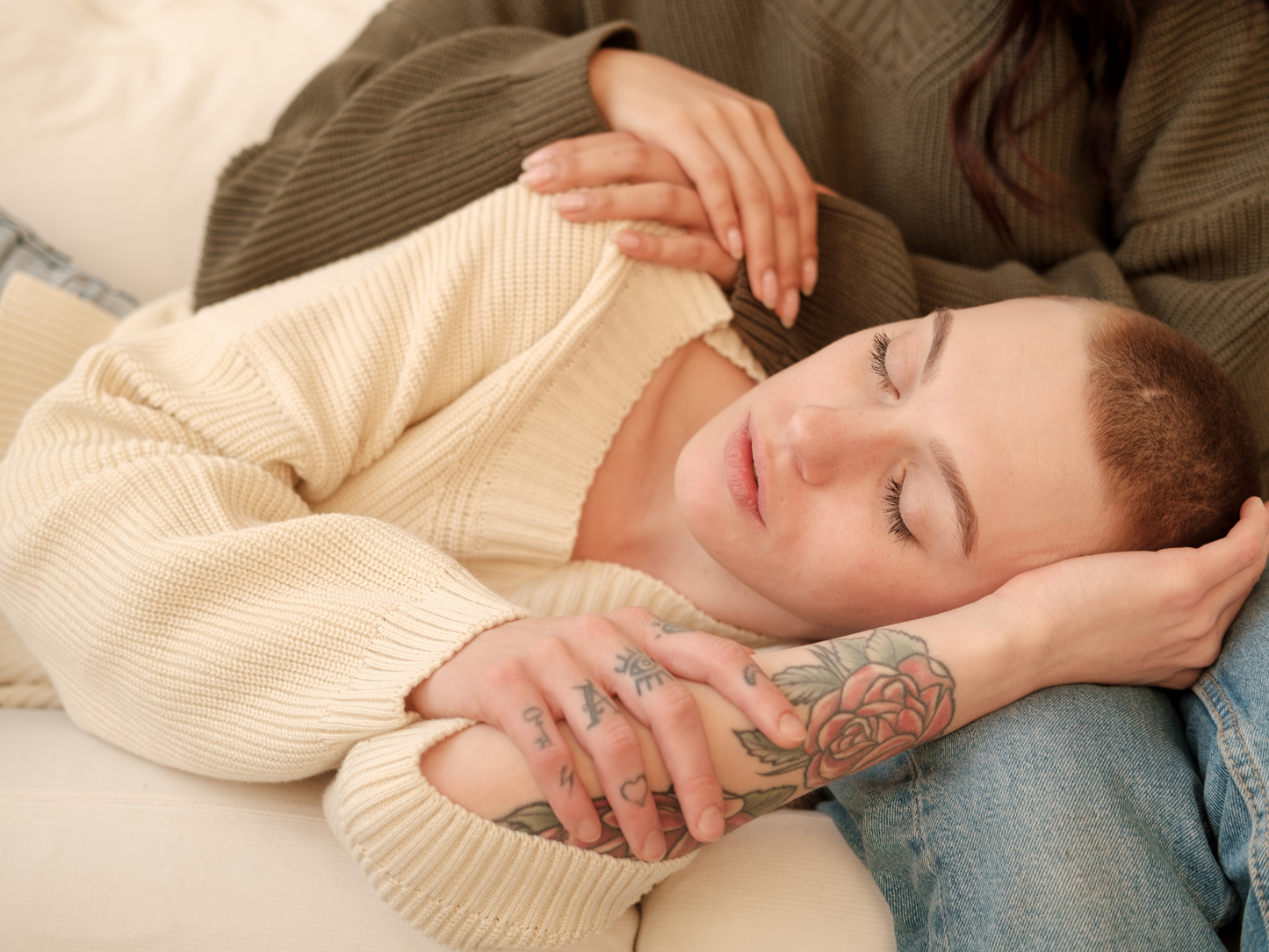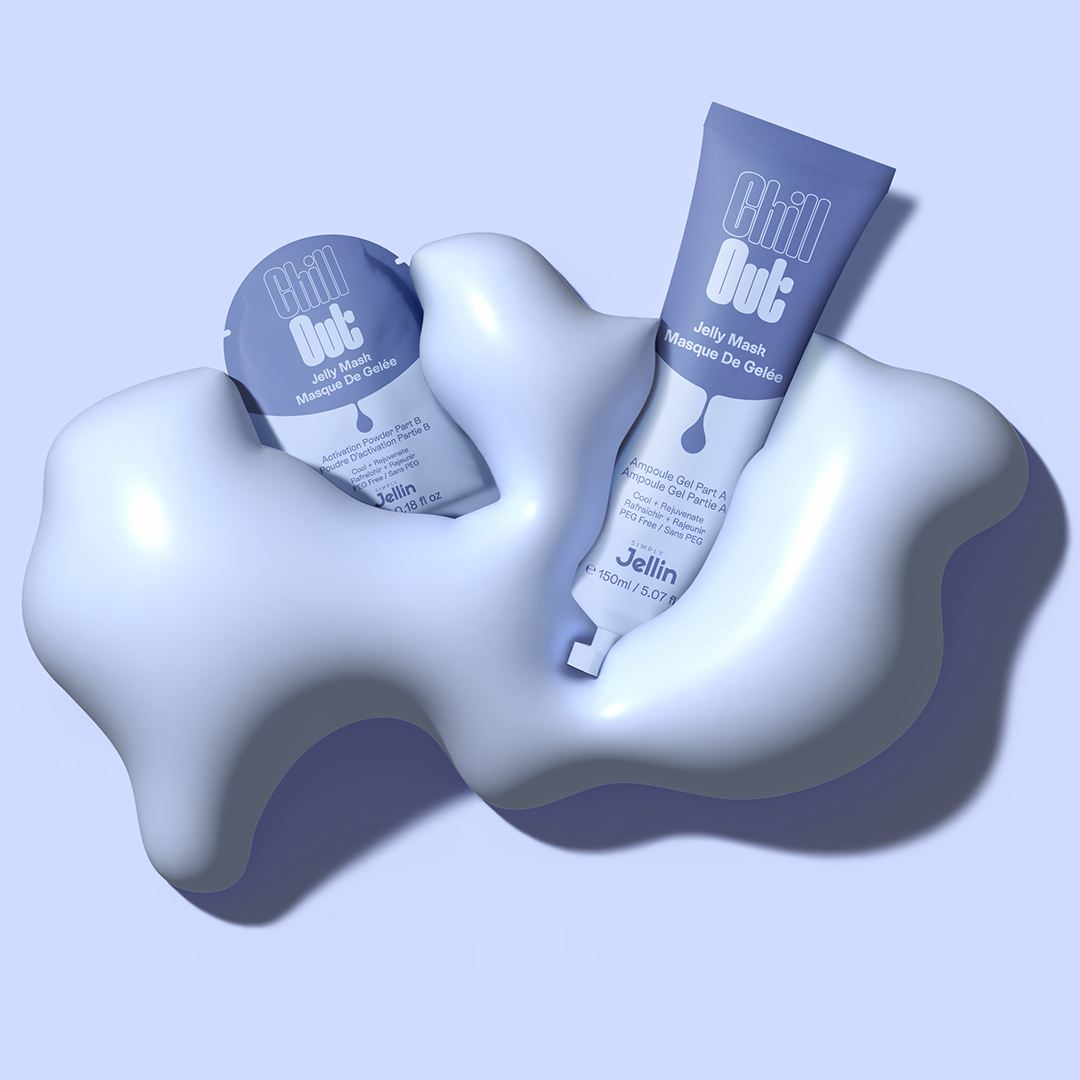
As people who suffer with anxiety ourselves, we wanted to share some of the effective ways we've found for coping with our anxiety. Of course, these holistic approaches are meant to be used in conjunction with the expertise of a doctor or therapist.
(We share our favorite online therapy company below!)
Coping with Anxiety
A certain amount of worry and nervousness is to be expected as we go about our daily lives, but this worry, dread, and panic are all too frequent for those who suffer from an anxiety condition. When these feelings have a massive negative influence on your well-being, they are considered unhealthy.
There are things you may do to alleviate some of the anxiety symptoms. Here are some helpful ideas to help get you started.
Practice Mindfulness Meditation
As the National Center for Complementary and Integrative Health (NCCIH) points out, meditating may help you deal with anxiety. It is corroborated by the UPMC Center for Integrative Medicine, which reveals that several studies have demonstrated that mindfulness meditation methods like the well-known MBSR may help with stress and anxiety reduction. These techniques aid in the reduction of restlessness, particularly at night, which may help you sleep better.
Mind Your Physical Health
A person's emotional and physical well-being are intertwined. You must pay attention to both of them. Enhance your physical well-being with these suggestions:
Obtain a good night's sleep: Every night, try to get at least eight hours of sleep. Sleeping on a regular schedule is important for your health and well-being. It's good to use your phone's alarm to serve as a constant reminder that the day has come to an end and you need to sleep.
Put your smartphone, tablet, laptop, or television away when it's time for sleep. These technological gadgets may excite your brain and create difficulties in sleeping. Your bedroom should be at the most comfortable temperature, and you should also make sure that the noise level is low.
Take a look at what you're eating: Your pleasure-causing hormones and energy levels may improve if you eat frequently and consistently maintain your blood glucose levels. Carbohydrates enhance serotonin levels in the brain, resulting in a relaxing effect. Consume meals that are high in complex carbs to ease your anxiety. These foods include:
- oatmeal
- quinoa
- whole-grain bread
- whole-grain cereals
Exercise regularly: According to Harvard Medical School, engaging in physical activity distracts you from what is making you feel anxious. You'll feel less worried if you get up and move your body, which reduces muscular tension. As your heart beats faster, the supply of anti-anxiety brain chemicals including serotonin, GABA (gamma-aminobutyric acid), BDNF (brain-derived neurotrophic factor), and endocannabinoids increases.
The amygdala, the part of the brain that responds to actual or imagined dangers to human survival, is activated during workouts, which helps govern the frontal parts of the brain involved in executive functions. It also strengthens a person's ability to deal with the ups and downs of their emotions.
Think About What You Believe.
When we are nervous, our minds may play tricks on us. It can distort our thinking. For example, is getting a terse email from your employer or a buddy who doesn't reply to your text may make you believe that they aren't interested in your company anymore? If so, ask yourself this: is that worrisome idea a truth or a personal view? Do it before you embrace the view, which will increase your anxiety or stress. If it's only an opinion, you could be overreacting.
Avoid Or Limit Your Use Of Alcohol.
When individuals are anxious, they often turn to alcohol for comfort. While some individuals refer to drinking alcohol as "liquid courage" but it might actually make you more nervous or anxious.
Instead of aiming for perfection, which can lead to alcoholism if you don't attain it, make a point of being proud of your progress—practice facing the meeting, interview, or your in-laws while sober. Focus only on getting better at things; alcohol isn't a healthy or sustainable option.
Knowing When To Seek Help
As soon as your anxiety begins to interfere with your opportunity to experience life, engage at school, work, interact with friends or solve family problems, it's time to get professional help. Consult a mental health professional, especially if you've tried everything else and nothing works. Consult a mental health professional, especially if you've tried everything else and nothing works. Now-a-days online therapy is a wonderful option for someone who wants to try therapy in the comfort of their own home.
(I've personally tried Better Help and I have had a positive experience with finding a councillor who specialized in anxiety and PTSD)
The Bottom Line
Stress and anxiety are common responses to distressing events or circumstances, so don't beat yourself up for having those feelings. Various treatments exist for calming racing thoughts and agitated sensations, such as deep breathing, cold compressing and other short fixes. Maintaining a healthy lifestyle might serve as a long-term coping method.. for myself personally, I noticed a positive difference after 2-3 weeks.
You aren't alone in your feelings of anxiety - we hope we've shared a few tips that will help you moving forward! xo


